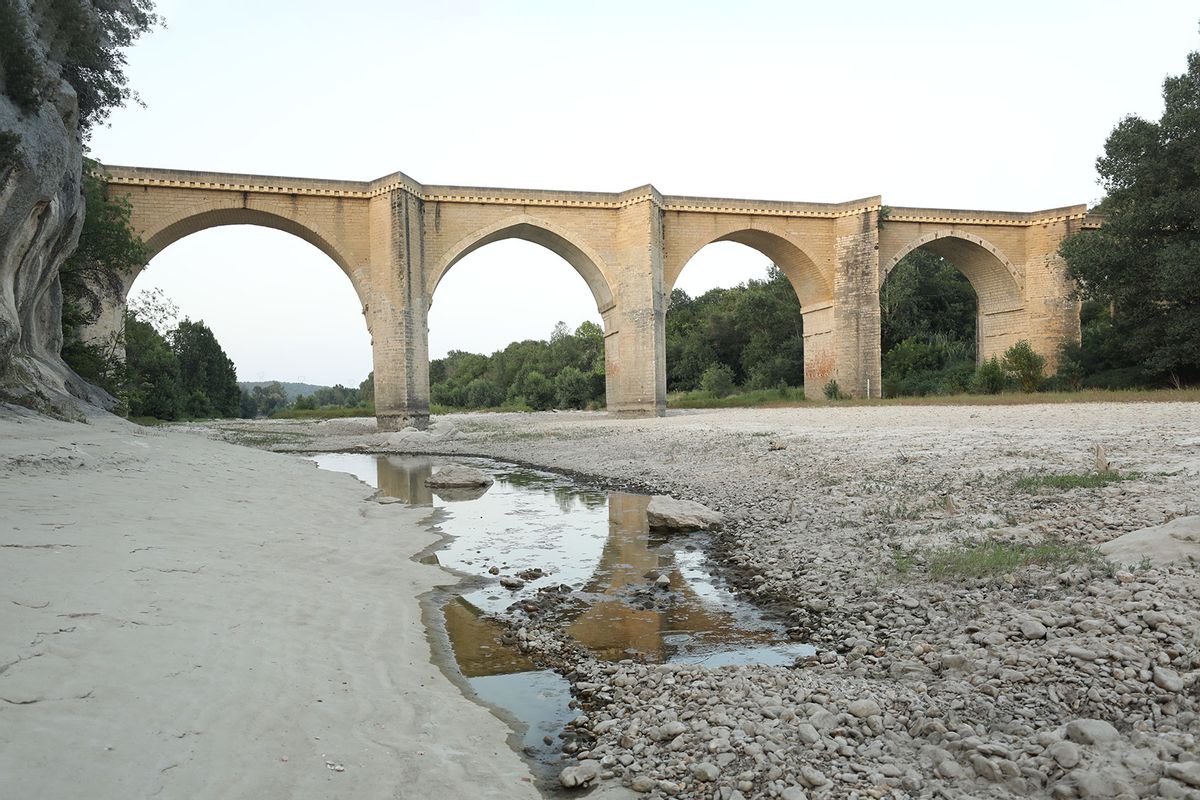Billions of humans are sweating bullets as the hottest summer in recorded history continues. From the United States to Europe, thousands of temperature records have been shattered due to greenhouse gases released by burning fossil fuels. The Mediterranean Sea hit its highest-ever temperature, reaching 83.1ºF (28.4ºC), while the waters in southern Florida hit literal Jacuzzi temperatures at 100ºF (37.8ºC), also a record. In Phoenix, Arizona, temperatures have exceeded 110ºF (43.3°C) for 26 days in a row, by far the longest streak on record.
Lest there be any doubt that such climate change is caused by human activity, a rapid attribution report was recently put together proving precisely that. After collecting weather data from three continents during the ongoing heatwave and analyzing it with a peer-reviewed computer simulation model, an international team of scientists called World Weather Attribution deduced that as a result of climate change the current extreme heat waves are both more frequent and more intense. Indeed, they'd be "virtually impossible" without climate change.
"Without climate change we wouldn't see this at all or it would be so rare that it would basically be not happening," explained Friederike Otto, a climate scientist at Imperial College London and co-leader of the project, told NPR.
Although that study itself has not yet been peer reviewed, the same cannot be said of research published earlier this month in the scientific journal PNAS. It drew from numerous state-of-the-art simulations and found that the current compound drought and heatwaves (or CDHW events) are expected to happen roughly twice a year all over the world. "It's a 'new abnormal' and it is now playing out in real time," study co-author Dr. Michael E. Mann of the University of Pennsylvania told Salon at the time.



Shares